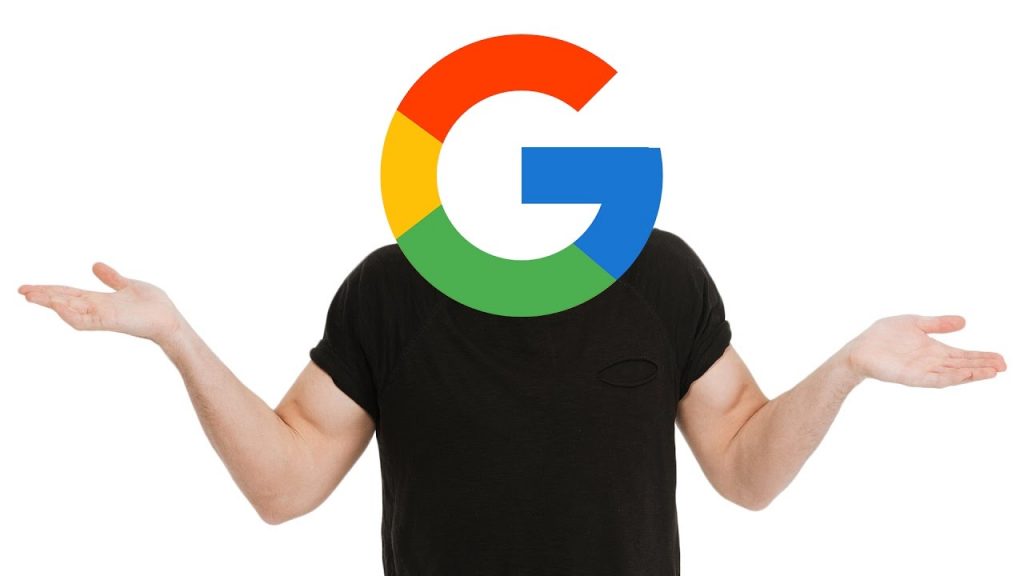What qualifications are required for a job at Google?
Above average intelligence for sure !
Jokes apart, here’s a list of 11 qualities Google looks for in it’s interns (prospective employees), as per an article in Business Insider –
- Google doesn’t look for experts.
“We would rather hire smart, curious people than people who are deep, deep experts in one area or another”
2. Google does want people with high “cognitive ability.”
“If you hire someone who is bright, and curious, and can learn, they’re more likely to come up with a new solution that the world hasn’t seen before”
3. Google seeks out people with “grit.”
A senior executive spoke with the Times about a time he was on a campus talking to a student double-majoring in computer science and math. The student was thinking about switching out of computer science – it was too difficult.
“I told that student they are much better off being a B student in computer science than an A+ student in English,”
4. Google wants to know whether candidates can tackle difficult projects.
5. Google wants candidates with analytical skills.

“Analytical training gives you a skill set that differentiates you from most people in the labor market”
6. Google expects people to meet ridiculously high standards.
“We don’t compromise our hiring bar, ever,” . Because of this, job listings stay open longer at Google than you’d expect, he says – they have to kiss a lot of frogs before finding The One.
7. But Google doesn’t care about GPAs.
GPAs and test scores don’t correlate with success at the company.
8. Google wants to know how much candidates have accomplished compared to their peers.
For example, a lot of people would just write, “I wrote editorials for The New York Times.” But a stand-out resume might would be more specific about their accomplishments and how they compared to others. A better example: “Had 50 op-eds published compared to average of 6 by most op-ed [writers] as a result of providing deep insight into the following area for three years.”
9. Google looks for employees who know when to step up and take a leadership role.
“What we care about is, when faced with a problem and you’re a member of a team, do you, at the appropriate time, step in and lead. And just as critically, do you step back and stop leading, do you let someone else? Because what’s critical to be an effective leader in this environment is you have to be willing to relinquish power.”
10. Google wants to see people who take ownership of projects.
With that sense of ownership, you’ll feel responsible for the fate of a project, making you ready to solve any problem. But you also need to defer when other people have better ideas: “Your end goal is what can we do together to problem-solve. I’ve contributed my piece, and then I step back.”
11. Google wants to see humility, too.
You need “intellectual humility” to succeed at Google. “Without humility, you are unable to learn.” This is a common problem among the well-educated; elite business school grads tend to plateau . Instead of having an opportunity to learn, they blame others.
